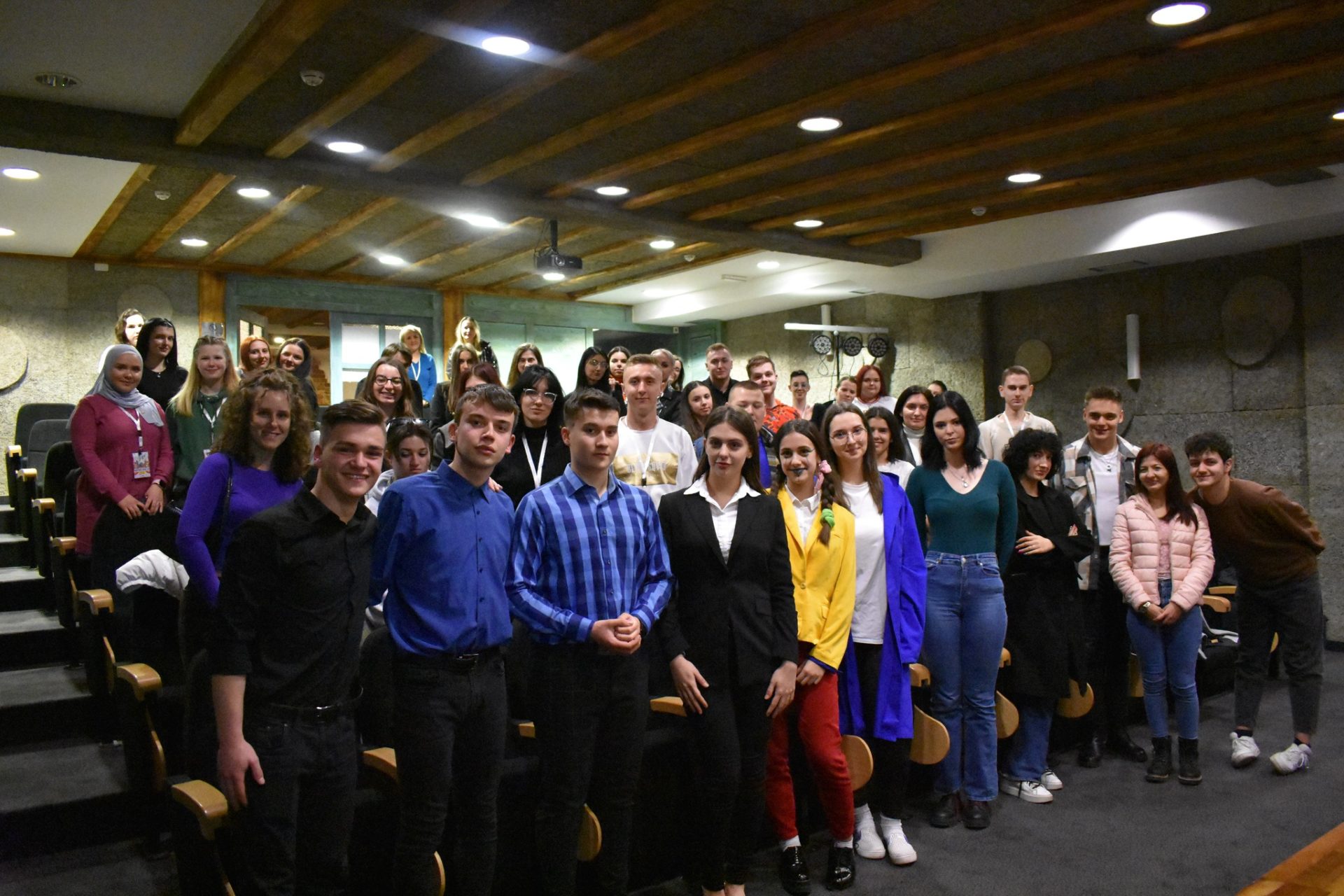
Peace Festival ‘23 ended with a musical performance by DJ Kontra, reinforcing the message of this year’s Festival participants’ commitment to building sustainable peace and coexistence in Bosnia and Herzegovina.
More than 40 young people attended Peace Festival ’23, which included the play “Contract” by the Vitez Youth Theater, the documentaries “Colorless” by Aida Gavrić, “Little Prince” by Jasmina Đikoli and director Muris Beglerović, “Ordinary Heroes” by PCRC, the exhibition “On the Margins” by PCRC and the OSCE Mission to Bosnia and Herzegovina, the presentation of PCRC’s MIR magazine and the publication “Peace as Seen by Young People in BiH” by the OSCE Mission to BiH. During different panel sessions and workshops, they discussed how they see peace, as well as the connection between music and peace – i.e. how can music contribute to promoting peace.
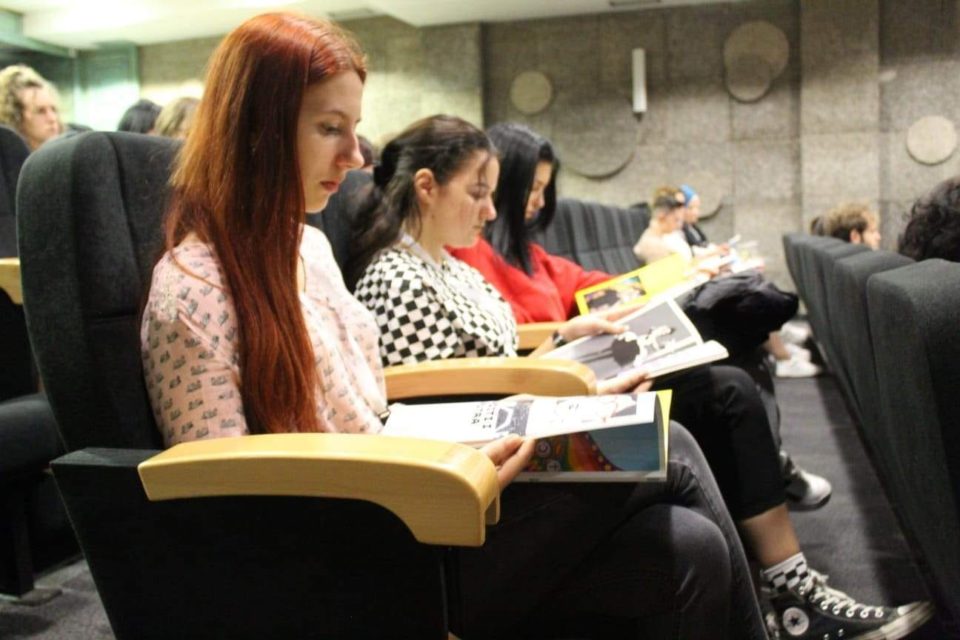
“What I liked most about the Peace Festival was that all the young people who attended shared the view that peace is about accepting peoples’ differences. I believe that this Festival has taught us that it does not diminish us to allow other people around us to have the same freedom to think and express their characteristics and their belonging,” said Lejla Karović from Sarajevo.
Karović added that what she liked most about the Festival was the fact that many young people with a common goal and vision were present in one place, proving that there is hope for Bosnia and Herzegovina.
Ivana Ševarika from Banja Luka pointed out that her favorite part of the program was the OSCE panel discussion, because it addressed the concrete problems that young people are facing. “We realized that only by respecting others and respecting mutual differences can we contribute to lasting and sustainable peace.”
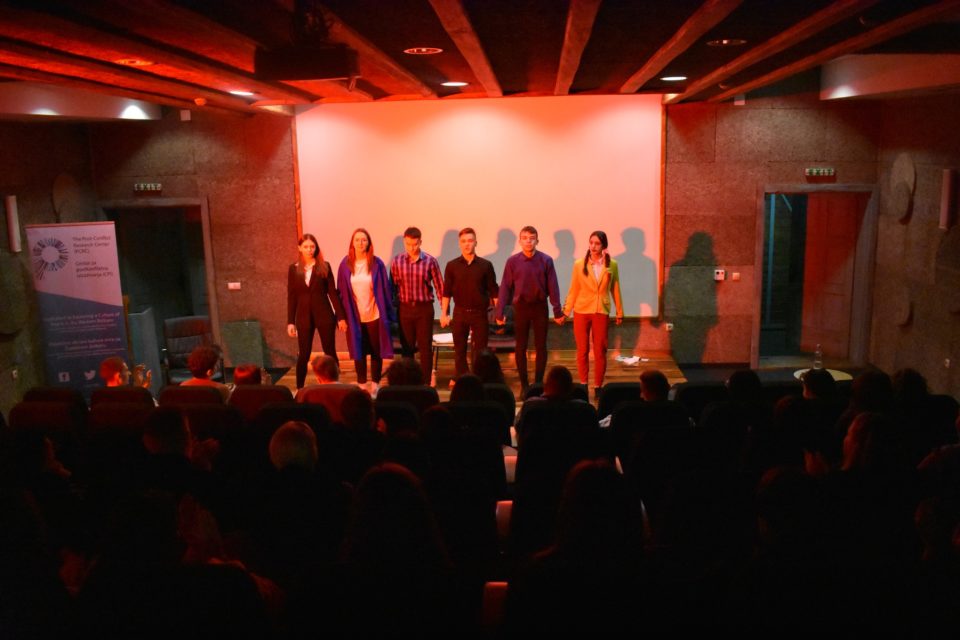
“This Peace Festival was important and an effective way of encouraging more work in the community and beyond. I met a lot of people of all religious and ethnic backgrounds, and nobody cared about these differences. We got the opportunity to share our opinions, give each other advice, and draw lessons from everything that was said,” describes Dženisa Joldić from Hadžići.
The participants came from more than 20 communities, including Gračanica, Donji Vakuf, Foča, Milići, Tuzla, Vitez, Bugojno, Banja Luka, Zenica, Velika Kladuša, Mostar, Uskoplje, and Kakanj.
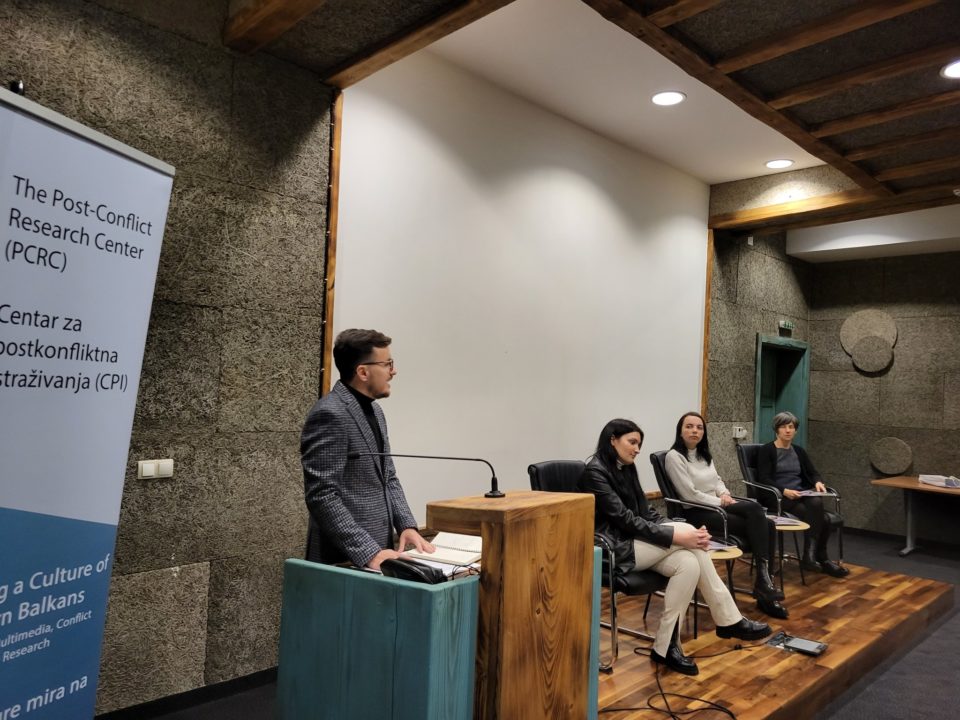
A new addition to this year’s Peace Festival program was the visit to Žepče and the memorial to all civilian victims of the war, where, together with Mayor Mata Zovko and other representatives of the municipality, participants laid flowers and paid tribute to the civilian victims of the war.
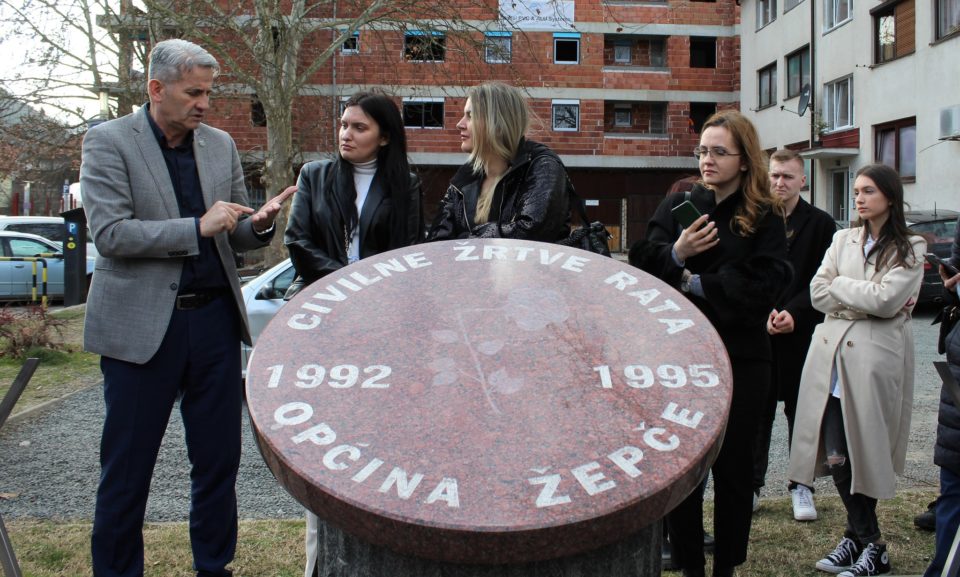
“A joint memorial to all of the victims of war promotes trust and peaceful coexistence,” Žepč Mayor MatoZovko said, explaining to the young participants how the memorial for all civilian victims of the war was built.
Peace Festival ‘23 was organized by the Post-Conflict Research Center. Its project manager, Amina Sejfić, said that programs like this are needed to encourage young people to take on an active role in their communities and connect with others from all around Bosnia and Herzegovina. She added that in this way, it helps them to appreciate and respect diversity, but also the idea of a united future.
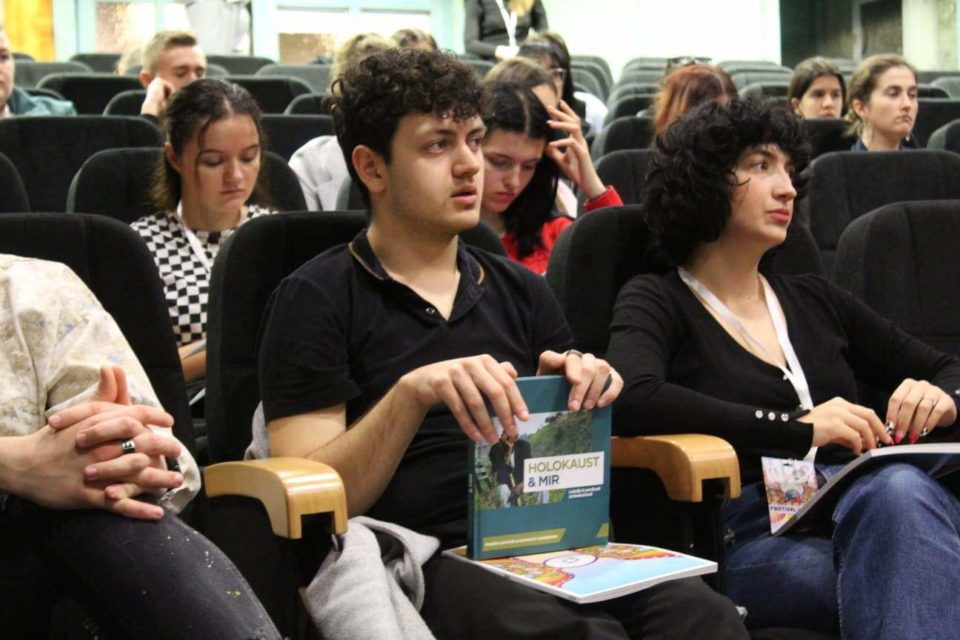
“Peace Festival ‘23 sends a clear message that even though we are all different, we must strive towards the same goal, which is building trust and peace,” said Sejfić.
This year’s Peace Festival was held in the Čardaci Ethno Village with the support of the Slovak Agency for International Development Cooperation (Slovak Aid), the Sigrid Rausing Trust, the Rockefeller Brother Foundation, and the OSCE Mission to Bosnia and Herzegovina and in partnership with the Čardaci Ethno Village, Al Jazeera Balkans, the Vitez Youth Theater, and the Delegation of the European Union to Bosnia and Herzegovina.





